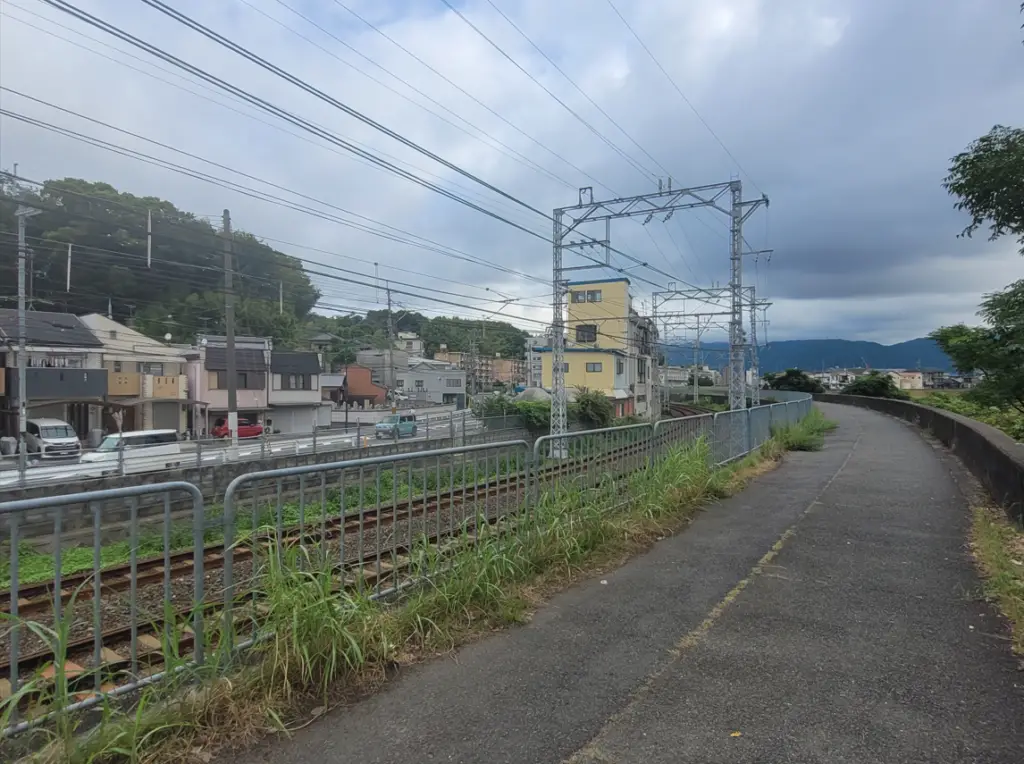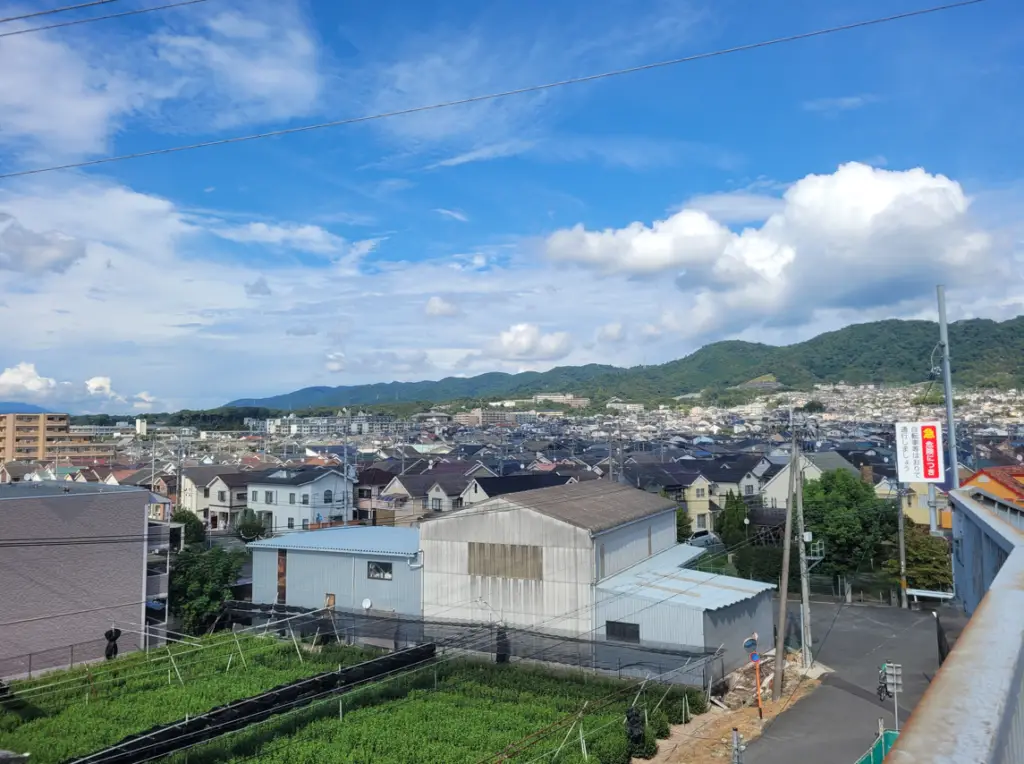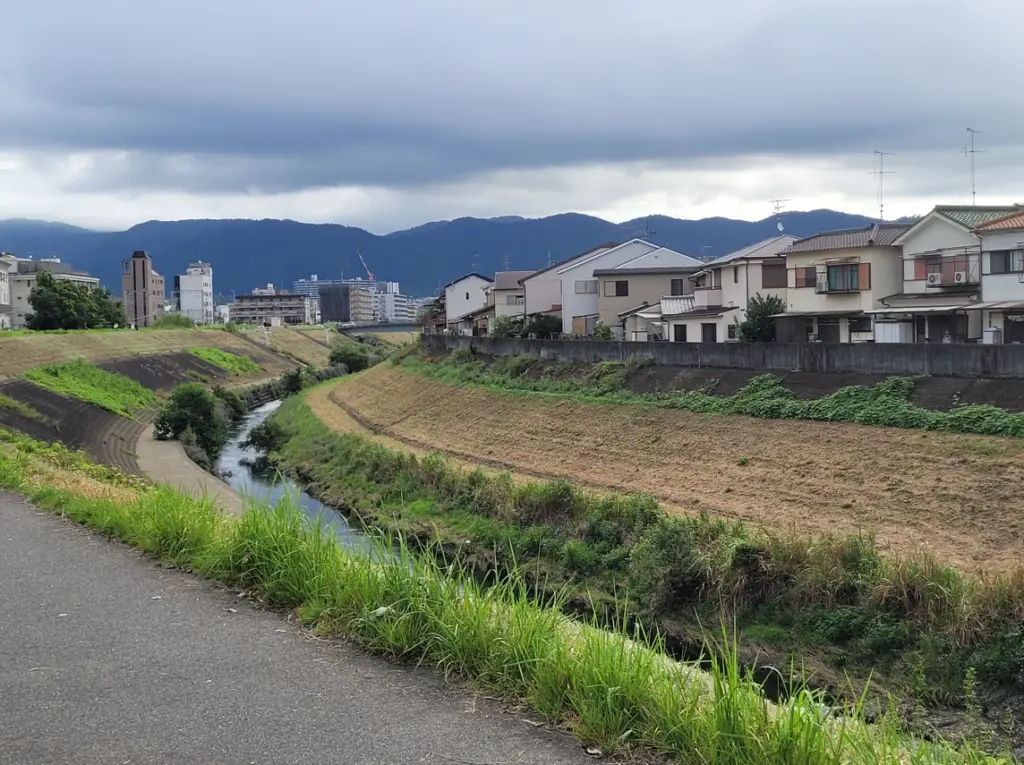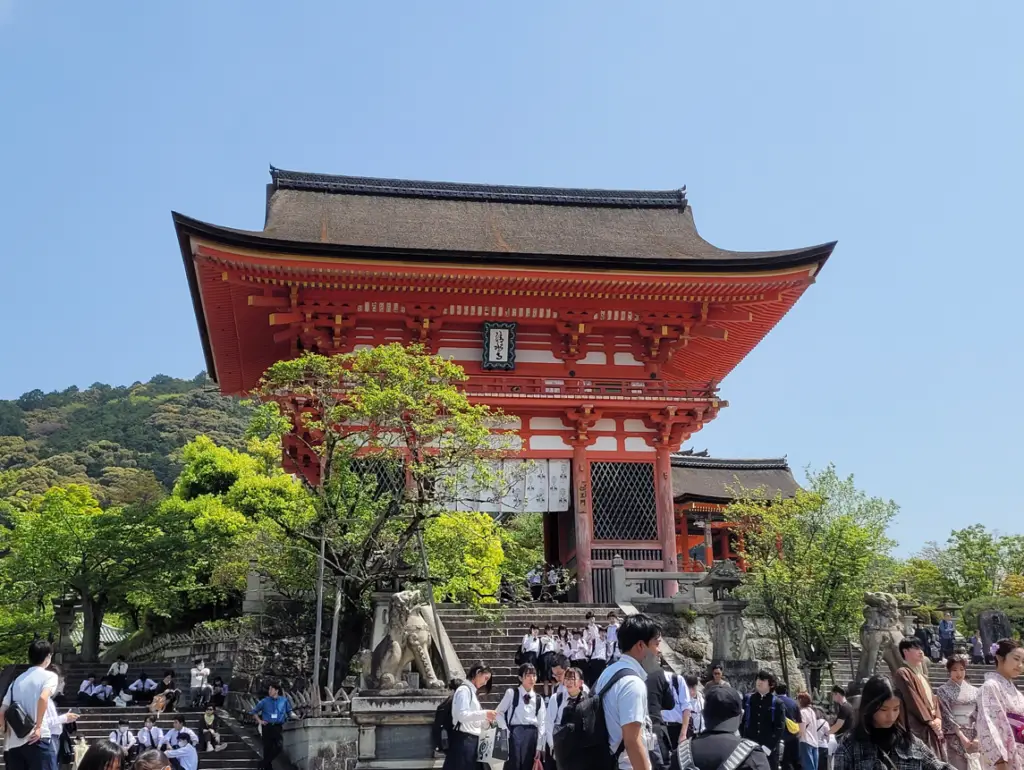Japan is a country that is almost radically different from the rest of the world. Here’s how living in Japan has broadened my perspective.

Having lived and worked in Japan for over 6 months, I have felt both a sense of heightened wisdom for the things I’ve learned on this journey as well as a deeper appreciation for some of the things I have back home in Australia.
With another year to go until my working holiday visa expires, I intend to make the most of the remainder of this journey so that I can return home with a better understanding of myself and the world around me.
A Deep Dive Into Mindfulness
In terms of how society operates in Japan, mindfulness seems to be the name of the game as far as my observations go. In a dense population on a small island, harmony is the key to ensuring accidents are minimized and daily efficiencies are upheld.
What this looks like on a micro-level is a bunch of rules, both spoken and unspoken, that everyone adheres to not because of a strict governing body enforcing them, but rather, because of an emotional level of understanding of how the very fabric of society relies on such rules.

An example of a spoken rule is the train stations being marked with arrows on the floor to indicate which side you should be walking on. An unspoken rule would be not eating or drinking while walking out on the streets.
Both of these rules contribute to the successful daily operation of society, but the latter example is a true demonstration of the mindful upbringing of the Japanese people. Eating or drinking while walking doesn’t directly harm anyone, but Japan has proven that it’s a major contributor to keeping the streets clean which is an absolute necessity in such a compact community.
The Pros & Cons Of Monoethnicity
Japan is a notoriously monoethnic nation, meaning that the vast majority of residents are ethnically Japanese. Naturally, this means that foreigners in Japan are a huge rarity, particularly when you’re away from popular tourist destinations and closer to the countryside.
In highly multicultural countries like Australia, we see a colorful spread of individuals who have been raised in many different ways that make up society. On the one hand, this makes the people incredibly tolerant of one another, but on the other, there are also a lot more conflicts because of a greater prevalence of discrimination arising from cultural mismatches and differing values.
For example, since the overwhelming consensus in Japan is to not eat or drink on the streets, doing so makes you stand out immensely, particularly if it were a Japanese person committing the act. This alone creates a strong desire for people to refrain from eating or drinking while walking, let alone littering.

Oddly enough, it seems to me that in Japan the impact of social judgment is a far stronger force for behavioral change than official government laws. Perhaps it’s because of the unified ideals of the monoethnic nation of Japan that stacks up the pressure prior to considering committing a breach of an unspoken rule, or perhaps it’s simply a result of how most Japanese people are raised from childhood.
Either way, we can easily see the benefits of a monoethnic society in terms of keeping rules upheld and daily operations flowing harmoniously. However, this ideal, almost utopian way of life, does little to prepare the Japanese people to contend with the world at large.
It’s for this reason that Japan has some of the poorest statistics in the world when it comes to speaking English (the most common language in the world). Japan’s monoethnic status makes it increasingly difficult for its citizens to travel the world, live and work abroad, and build connections with non-Japanese people.
No Country Is Perfect (And It Shouldn’t Be!)
A utopian world should be what we all strive toward (despite never actually reaching it), as this is where the beauty and magic of life truly lie. While Japan is a great role model for the rest of the world in terms of the various principles and societal etiquette we can adopt, it doesn’t prepare its people for forming lasting connections with the outside world as effectively as other nations do.
Regardless, in a world of growing multiculturalism, it’s inevitable that the percentage of ethnically Japanese people will gradually drop in Japan, whether it’s a result of more foreigners learning Japanese or more Japanese natives learning English.

Despite the benefits that will ultimately come with an increase in multiculturalism in Japan, it may also suffer the destruction of its own utopian-like society as the unified ideal begins to break down and make way for new ways of thinking.
You could say it’s a matter of “choosing your perks,” after all, no country is perfect, and nor should it be, after all, it’s the imperfections of a country that make it truly great. It may seem like a utopian society because of the tangible benefits that Japanese culture brings e.g. clean streets, but to many of us, being able to freely walk around while sipping on a coffee without the judgment and prying eyes of the people around you is a better definition of utopia.
Final Thoughts

That being said, living in Japan has certainly opened my eyes to how unique and beautiful every country on Earth really is, offering us something new and excitingly different. Multiculturalism is great for making countries easily accessible and “colorful,” but a monoethnic nation brings the unique advantages of a unified ideal amongst society.
On a final note, living in Japan has helped me re-order my values and ethics in a way like never before. I can understand now on a more intimate level that a balance between a positive unified ideal and the unpredictability of multicultural mingling is what makes life the magical adventure that has always been worth living!
Of course, if you are planning to visit Japan, you’ll need a way to get around the country as efficiently and affordably as possible. Japan Rail provides an abundance of travel passes to suit your travel needs. So whether you are traveling individually or as a group, the JR Pass is every traveler’s go-to for getting around and making the most of your time in Japan!

